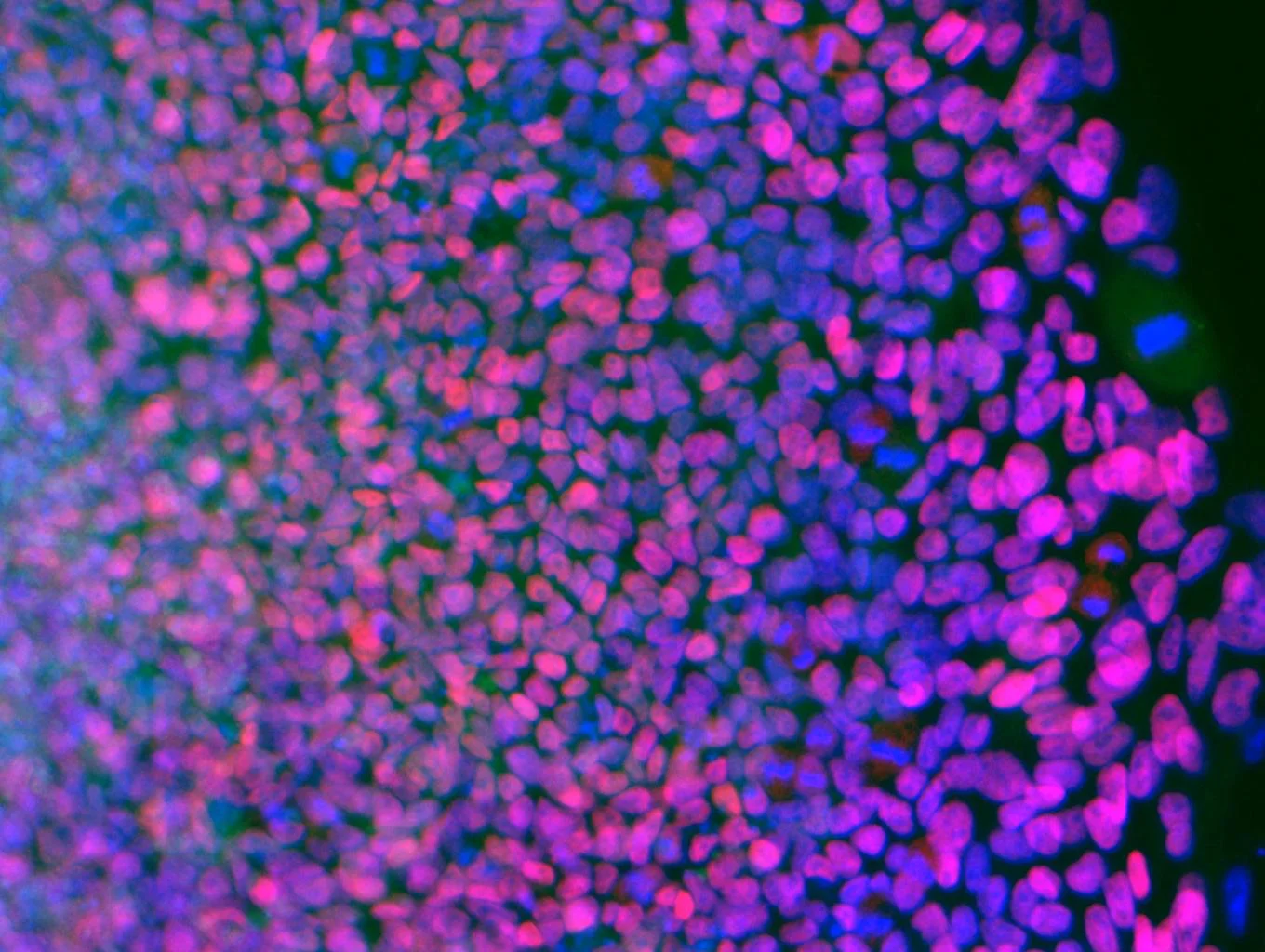Engineered T cell therapies from human pluripotent stem cells
Our studies with human pluripotent stem cells (PSC) began in 2005, with an initial focus on the question of why PSC (whether hESC or iPSC), fail to spontaneously generate definitive hematopoietic stem cells, and on the earliest stages of mesoderm commitment from PSC (Evseenko et al, PNAS 2010). The lab’s recent development of the Artificial Thymic Organoid (ATO) platform for efficient production of mature T cells from PSC (Montel-Hagen and Seet et al, Cell Stem Cell, 2019) has led us to now actively explore the ATO as an off-the-shelf method for allogeneic T cell immunotherapy. Our studies range from basic biology of how T cell specification and commitment occur during PSC-derived hematopoiesis, to CRISPR based gene editing techniques to engineer tumor-targeting of T cells.
